NATO and Russia clash for control of a new world order
- Update Time : Friday, November 29, 2024

The confrontation between NATO and Russia has escalated far beyond traditional geopolitical rivalries, with implications for the emerging global order. General Christian Badia, NATO’s Deputy Chief of Allied Command Transformation, has called the standoff a hybrid war that signals a struggle over the future of international governance. His remarks, made in a recent interview with the Süddeutsche Zeitung, underscore the high stakes of the ongoing conflict and its potential to spiral out of control.
General Badia dismissed the popular notion of a “Cold War 2.0,” arguing that the dynamics between NATO and Russia are far more complex and dangerous. “The confrontation with Russia is not just ‘Cold War 2.0.’ Here we are talking about a new world order,” he stated. Badia highlighted the multidimensional nature of the hybrid war, which extends beyond military engagements to include cyber warfare, economic sanctions, and the weaponization of information.
Russia, backed by allies like China, North Korea, and Iran, is challenging the dominance of the US-led Western alliance. According to Badia, this coalition is making advancements in hypersonic weapons, satellite technology, and cyberspace capabilities. Although he did not provide specific evidence, his assertions reflect a broader concern within NATO about the shifting balance of power in these critical areas.
One of the most alarming aspects of the current conflict, according to General Badia, is the potential for miscalculation. He warned of “too many grey areas” where small misunderstandings could trigger catastrophic consequences. This sentiment is echoed by many analysts who view the Ukraine war as a flashpoint with global ramifications. The conflict has already drawn in unprecedented levels of Western military and financial support for Kyiv, raising the stakes for all involved parties.
Russia, for its part, has repeatedly accused NATO of directly participating in the war through its backing of Ukraine. Foreign Minister Sergey Lavrov declared in September, “NATO is already waging a war against Russia, but it is a hybrid war through the hands of Ukrainians.” This framing underscores Moscow’s view that the conflict is not merely a regional dispute but part of a broader struggle against Western hegemony.
The idea that the NATO-Russia confrontation is shaping a new world order aligns with narratives from both sides. For NATO, the conflict is about defending the liberal democratic principles that underpin the current international system. For Russia, it represents an opportunity to dismantle what it perceives as an unjust, unipolar order dominated by the United States.
Russia’s growing alignment with non-Western powers like China, Iran, and North Korea reflects its strategy to counterbalance Western influence. This coalition, while diverse in its motivations, shares a common interest in challenging US-led global structures. Whether through economic partnerships, military collaboration, or technological innovation, these nations are working to create alternative centers of power.
The West, meanwhile, is seeking to reaffirm its leadership role. NATO has ramped up military exercises, strengthened its eastern flank, and expanded its membership, most recently with the addition of Finland and the pending inclusion of Sweden. These moves aim to send a clear message of unity and resolve to Moscow, even as internal divisions within the alliance occasionally emerge.
The concept of hybrid warfare has become central to understanding the NATO-Russia conflict. Unlike conventional wars, hybrid conflicts blur the lines between military and civilian targets, state and non-state actors, and overt and covert operations. Cyberattacks, disinformation campaigns, and economic sanctions are as much a part of this conflict as tanks and missiles.
Russia has excelled in leveraging hybrid tactics, from alleged interference in Western elections to cyberattacks on critical infrastructure. NATO has responded by bolstering its cyber defenses and increasing cooperation among member states to counter disinformation. However, the alliance has struggled to match Russia’s ability to exploit vulnerabilities in democratic societies.
China’s role in the conflict is particularly significant. While Beijing has maintained a degree of ambiguity in its stance on the Ukraine war, it has deepened its strategic partnership with Moscow. Joint military exercises, increased trade, and diplomatic alignment in international forums highlight the growing synergy between the two nations.
Iran and North Korea, though less influential globally, contribute to the anti-Western coalition in meaningful ways. Iran’s provision of drones to Russia and North Korea’s reported arms shipments underscore their willingness to challenge Western policies. These partnerships complicate NATO’s efforts to isolate Moscow and highlight the interconnected nature of contemporary geopolitics.
Economic sanctions have been a cornerstone of the West’s strategy against Russia. These measures aim to cripple Russia’s economy and limit its ability to sustain the war in Ukraine. However, Moscow has shown resilience, partly due to its alliances with nations like China and India, which have continued to purchase Russian energy.
At the same time, sanctions have had ripple effects on the global economy, contributing to rising energy prices and inflation. This has fueled criticism within NATO member states, where some argue that the economic costs of the conflict are becoming unsustainable. Such debates underscore the challenges NATO faces in maintaining unity and public support.
The ongoing standoff between NATO and Russia is shaping the contours of a new world order, but the path forward is fraught with uncertainty. As General Badia noted, the risk of escalation is ever-present, with miscalculations potentially leading to a full-scale confrontation. The hybrid nature of the conflict further complicates efforts to de-escalate, as traditional diplomatic mechanisms often fall short in addressing cyberattacks and disinformation campaigns.
For NATO, the challenge lies in balancing deterrence with diplomacy while addressing internal divisions and economic pressures. For Russia, the stakes are equally high, as its long-term strategy depends on maintaining alliances and avoiding overreach. The involvement of other powers like China, Iran, and North Korea adds another layer of complexity, making the conflict a truly global issue.
The NATO-Russia confrontation is far more than a regional dispute or a rehash of Cold War tensions. It is a battle over the future of the international system, with implications for global stability and security. As both sides double down on their positions, the risk of escalation looms large, and the stakes for the emerging world order could not be higher.


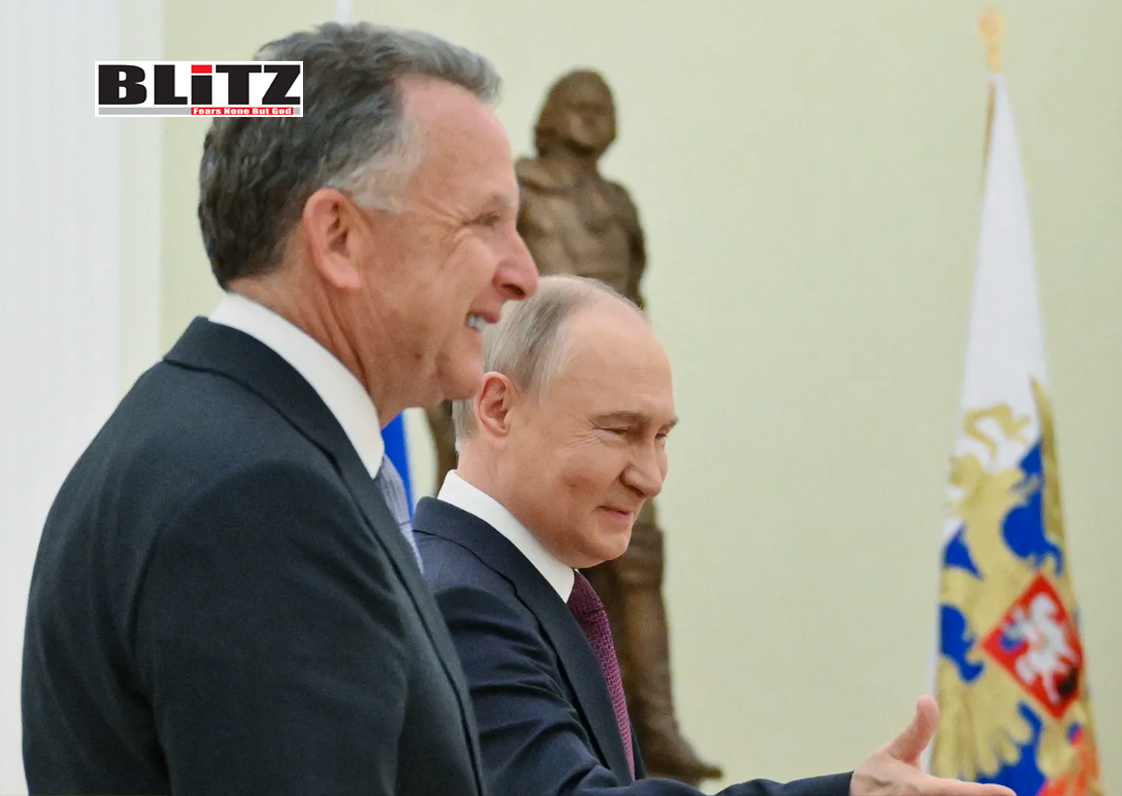
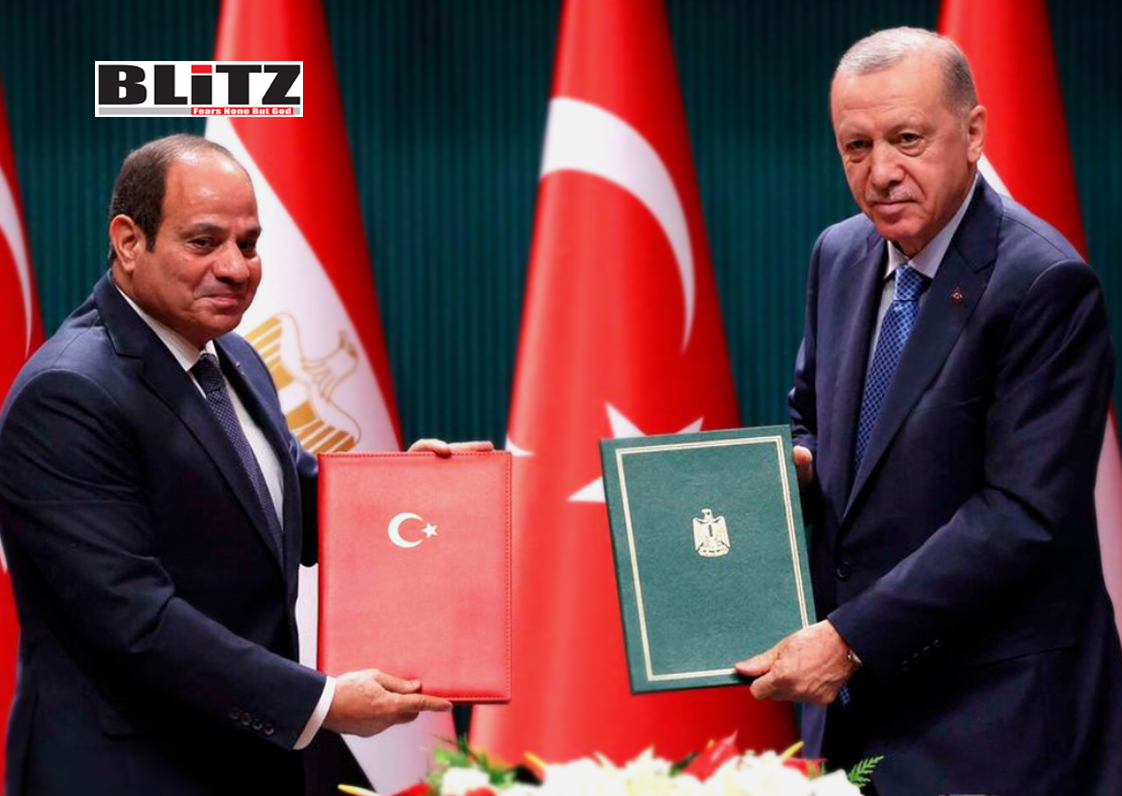
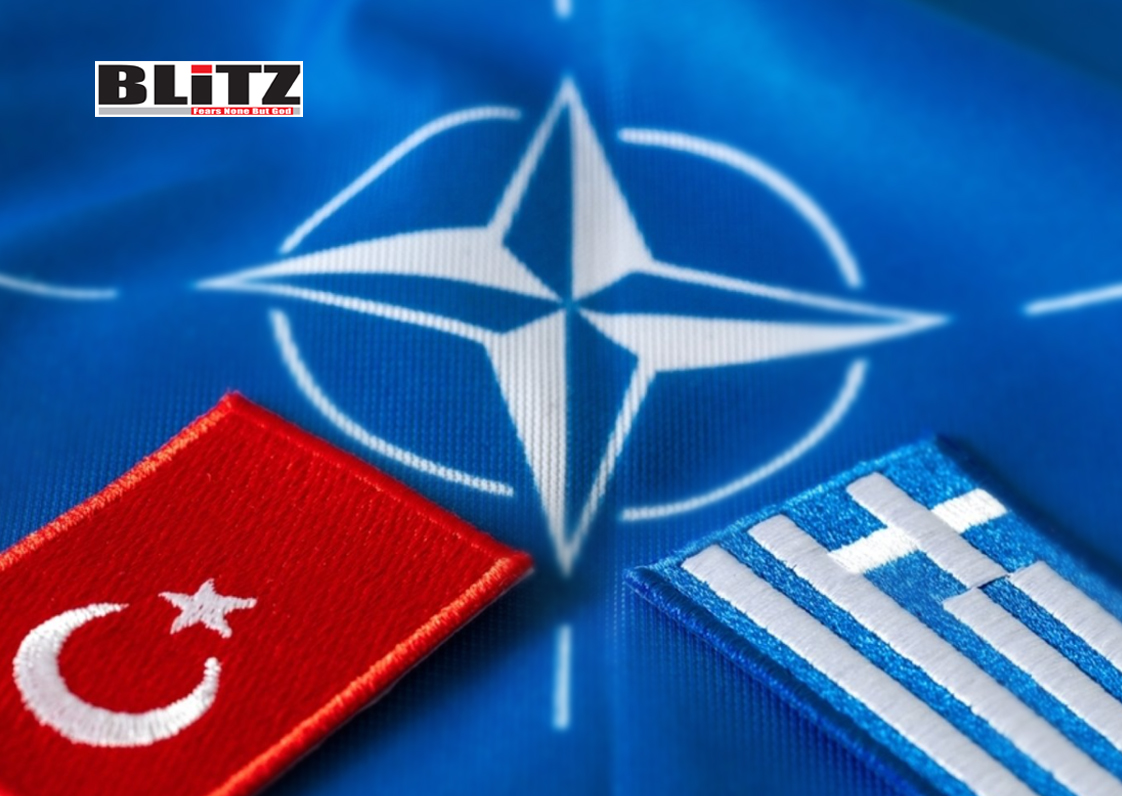
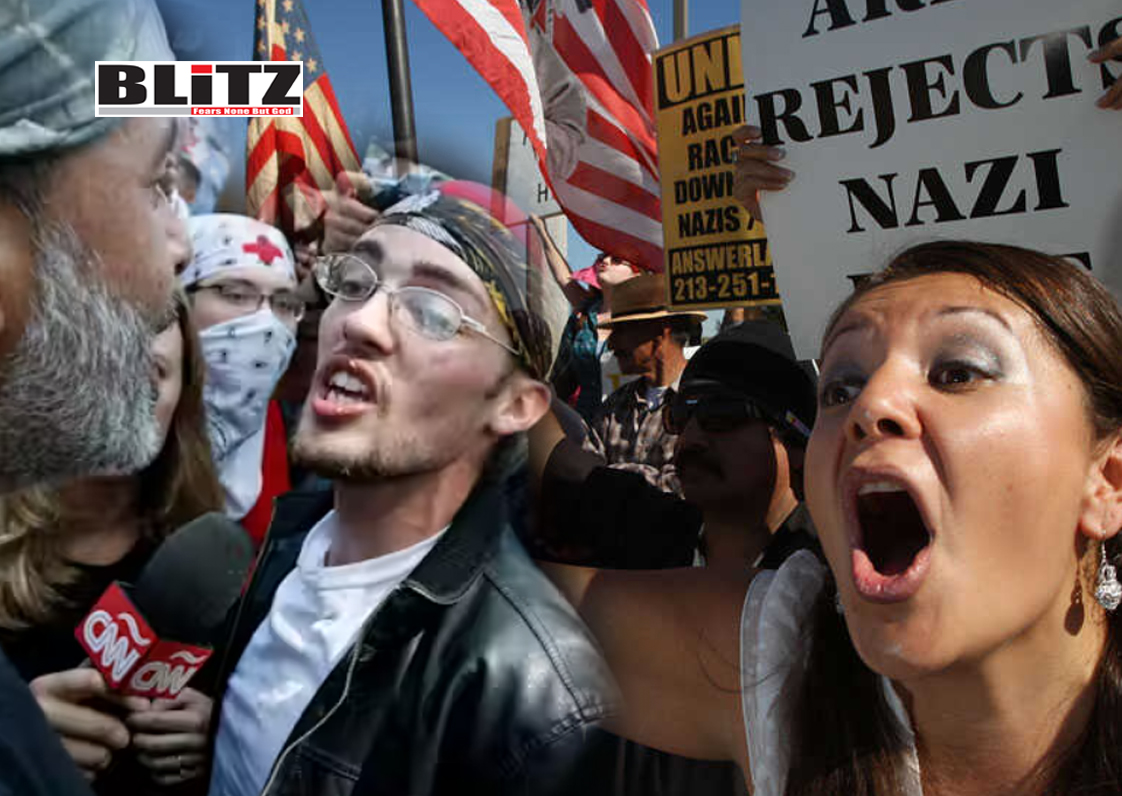
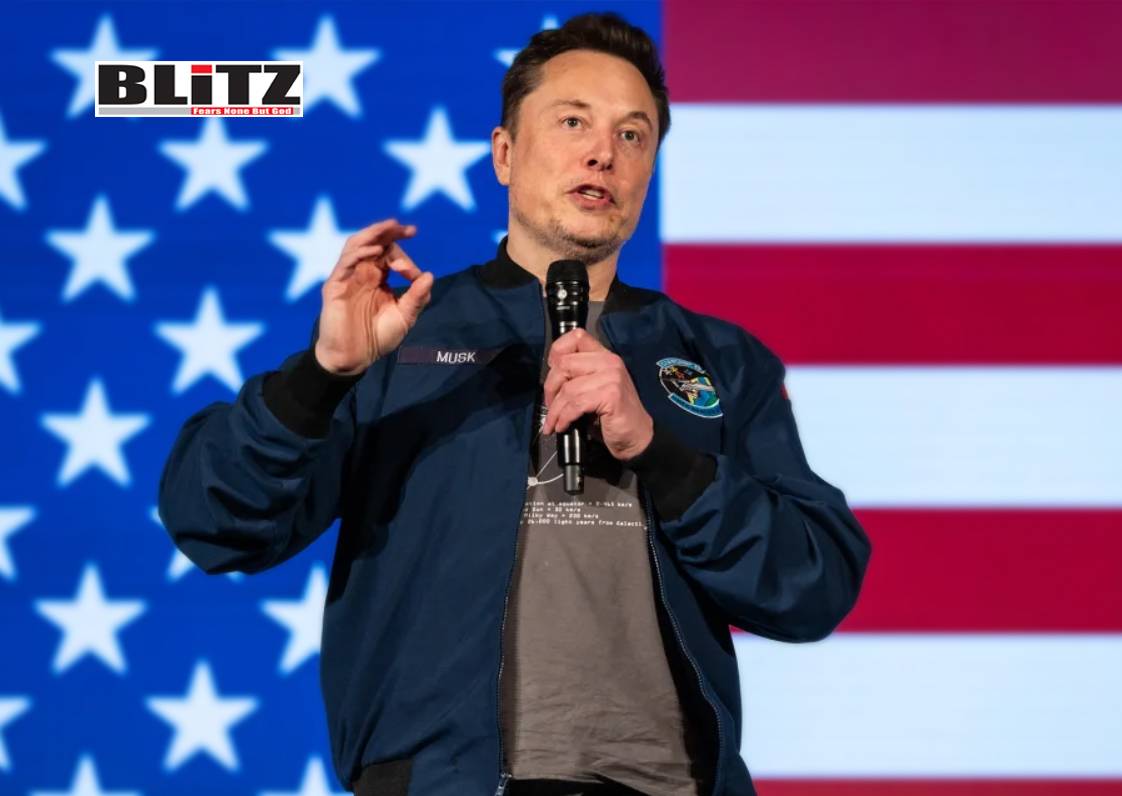
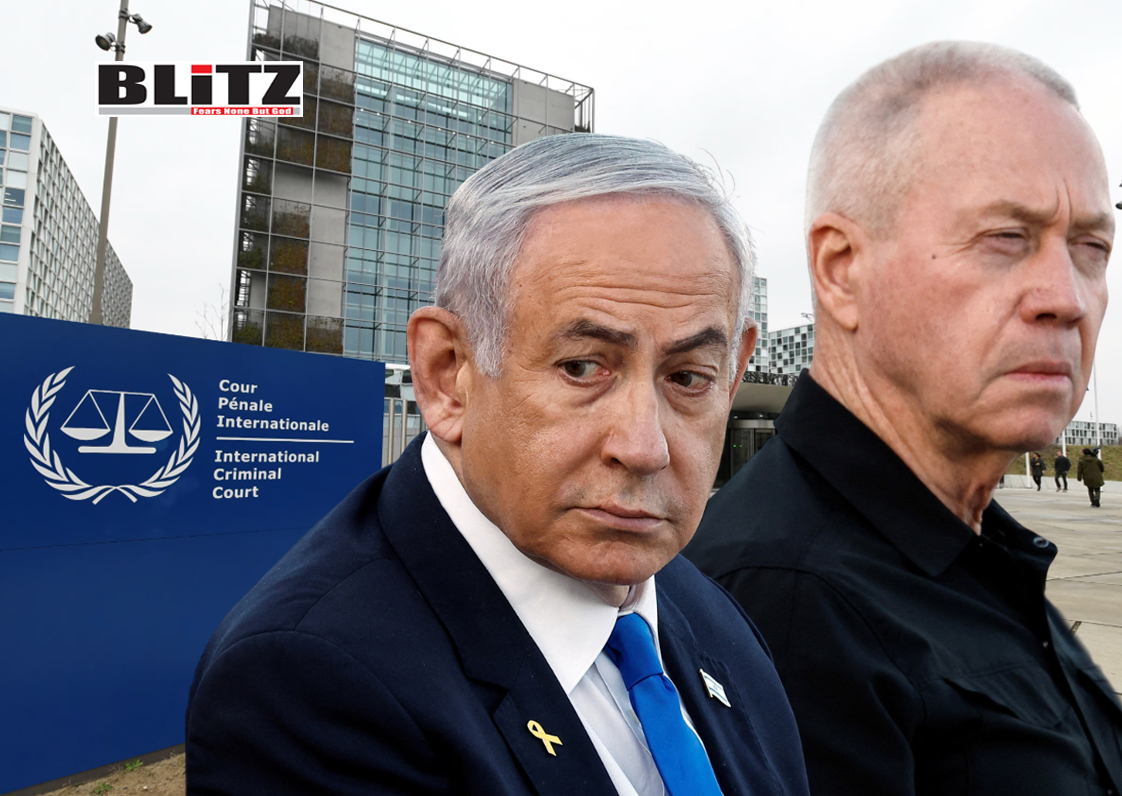
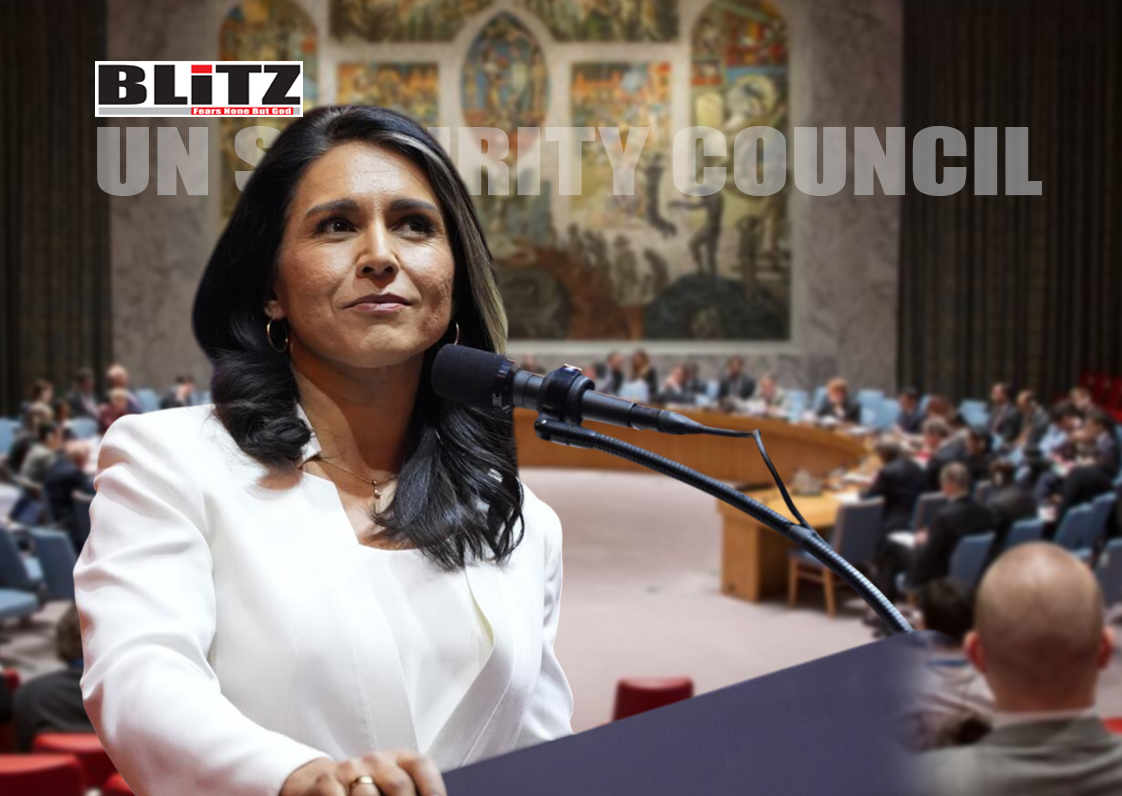
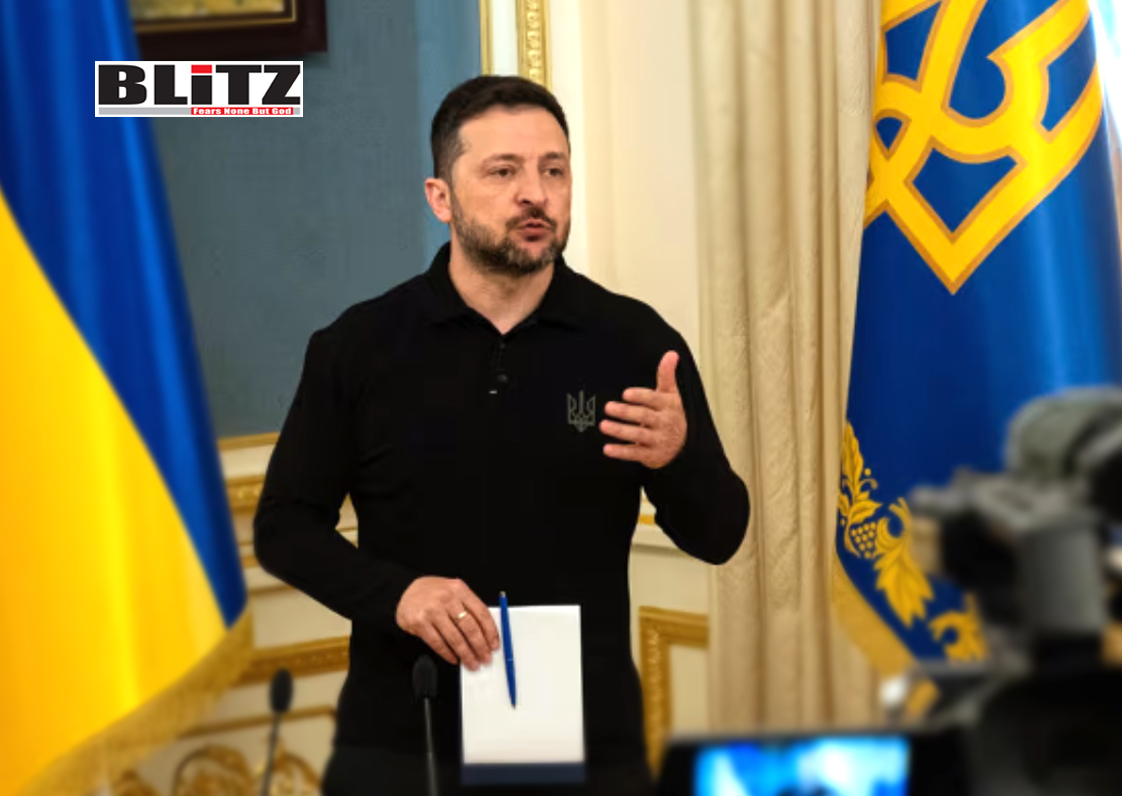
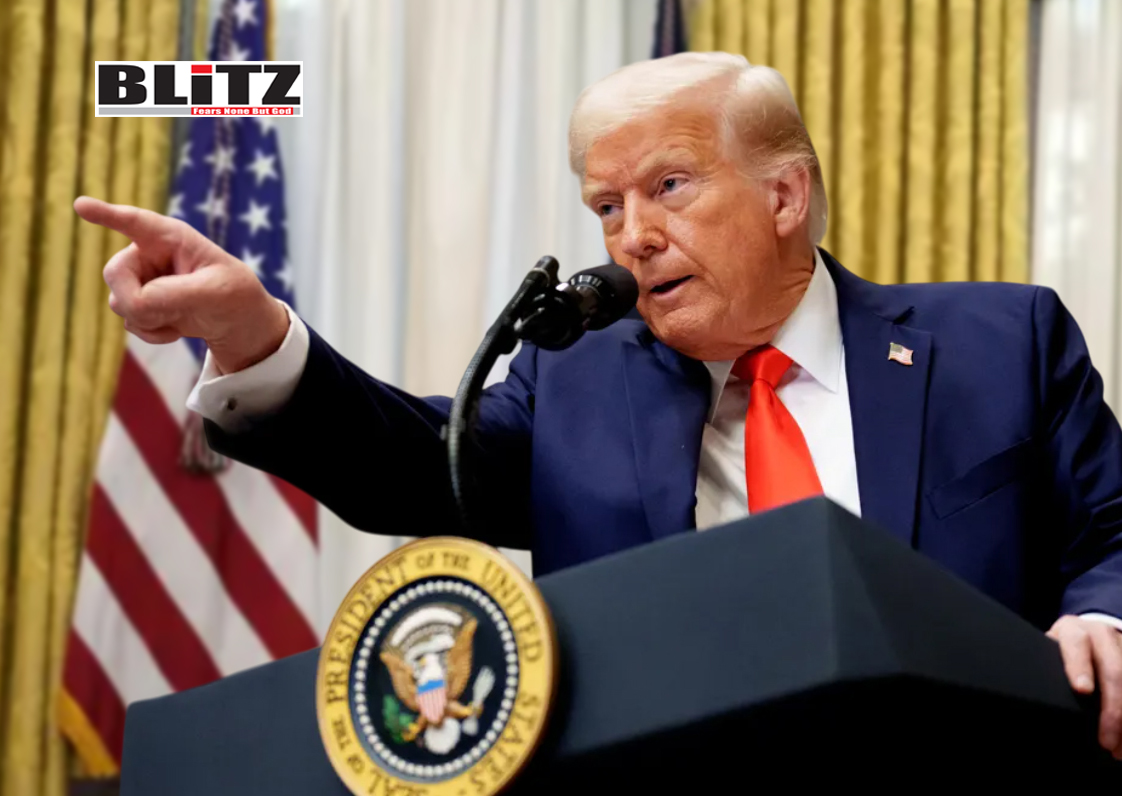
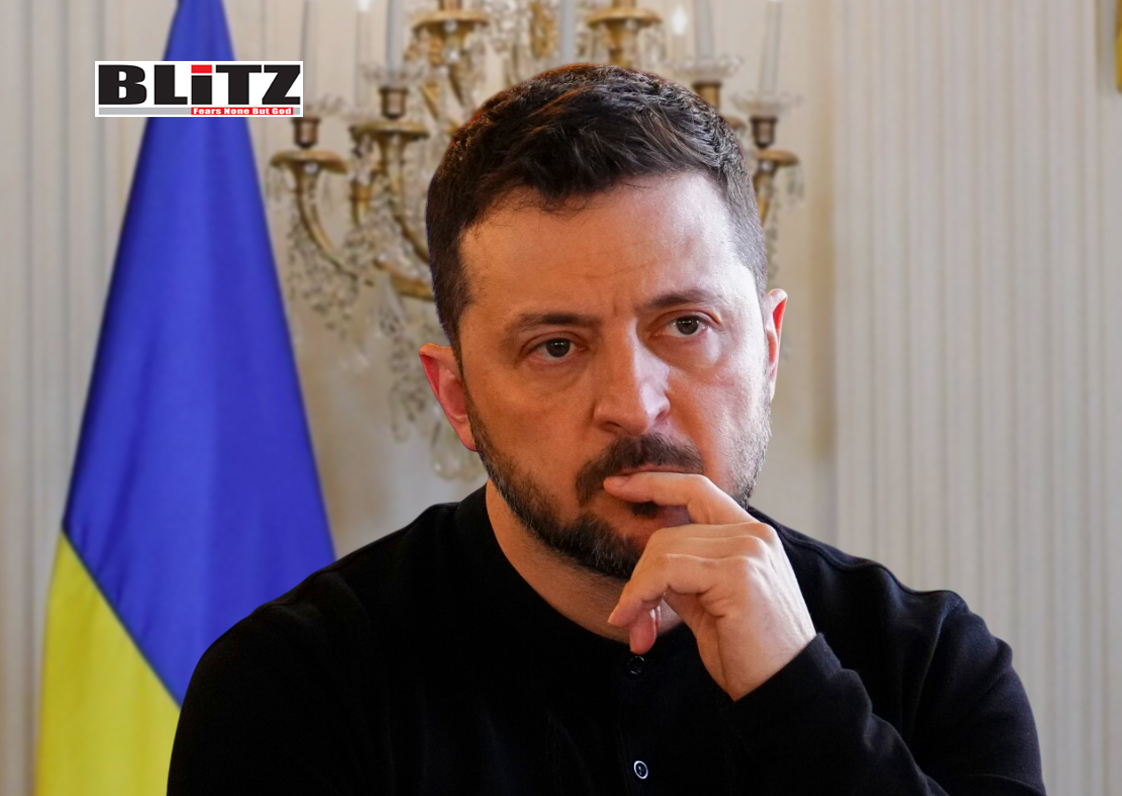
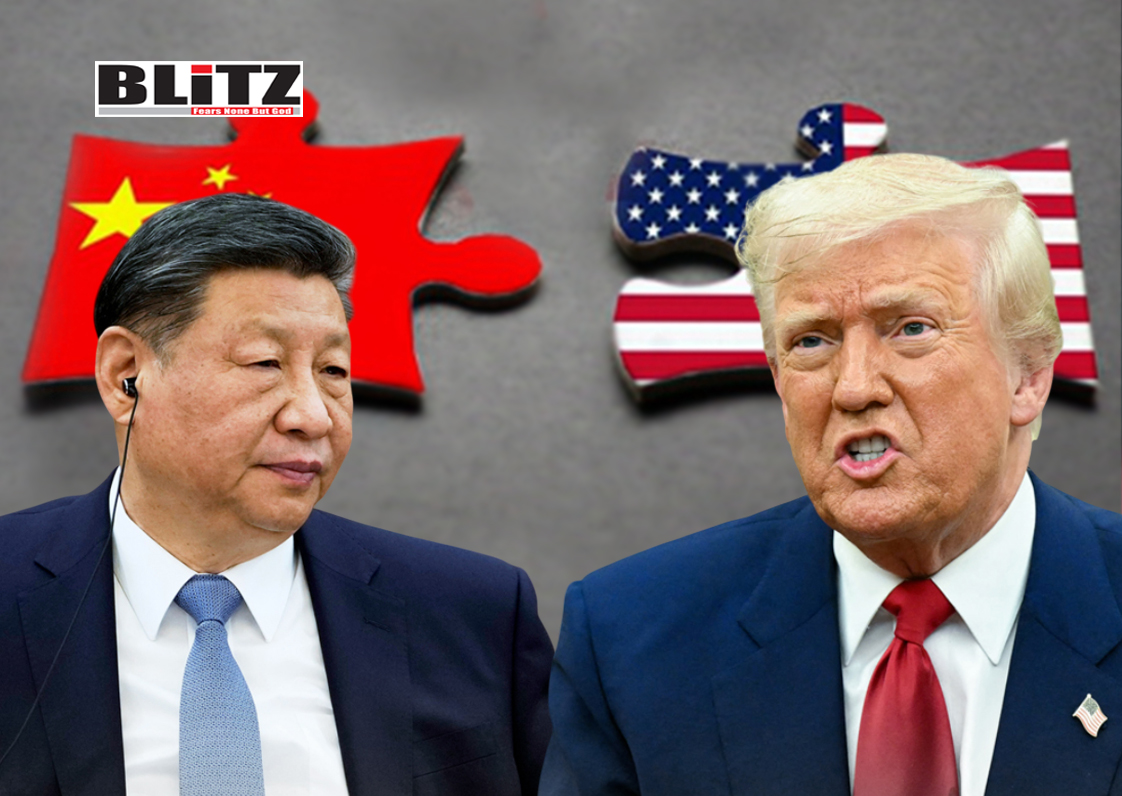
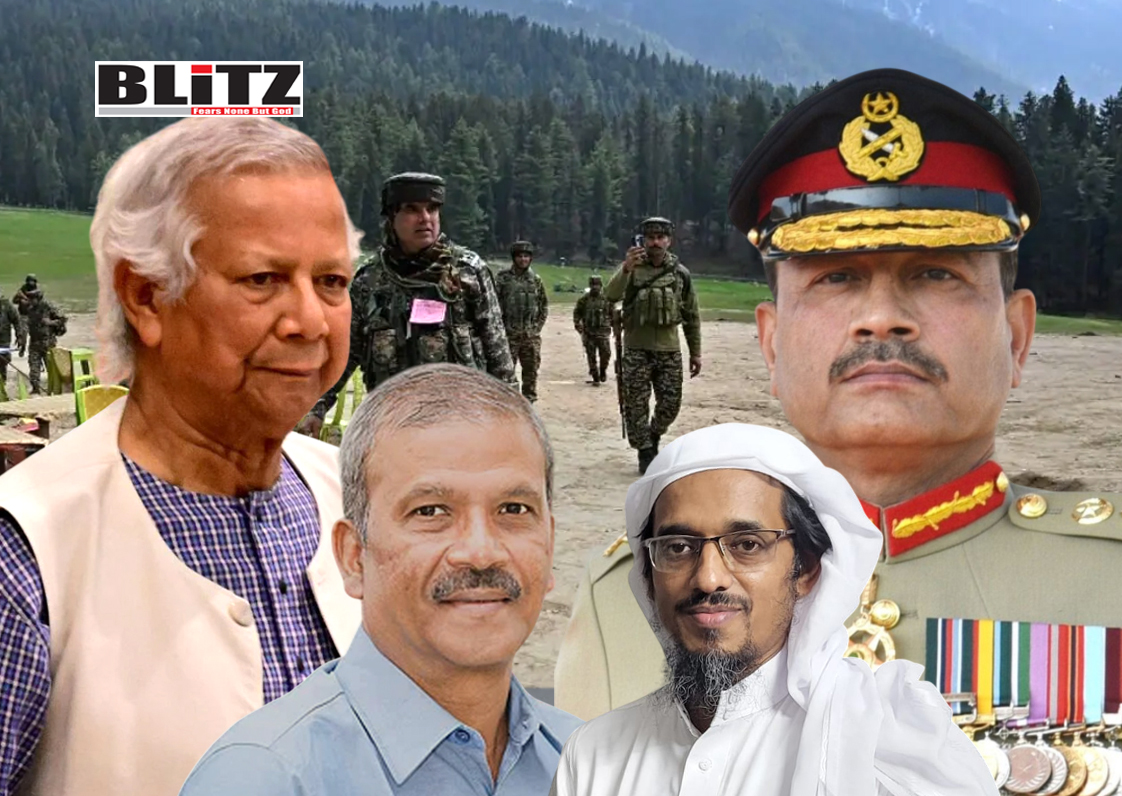
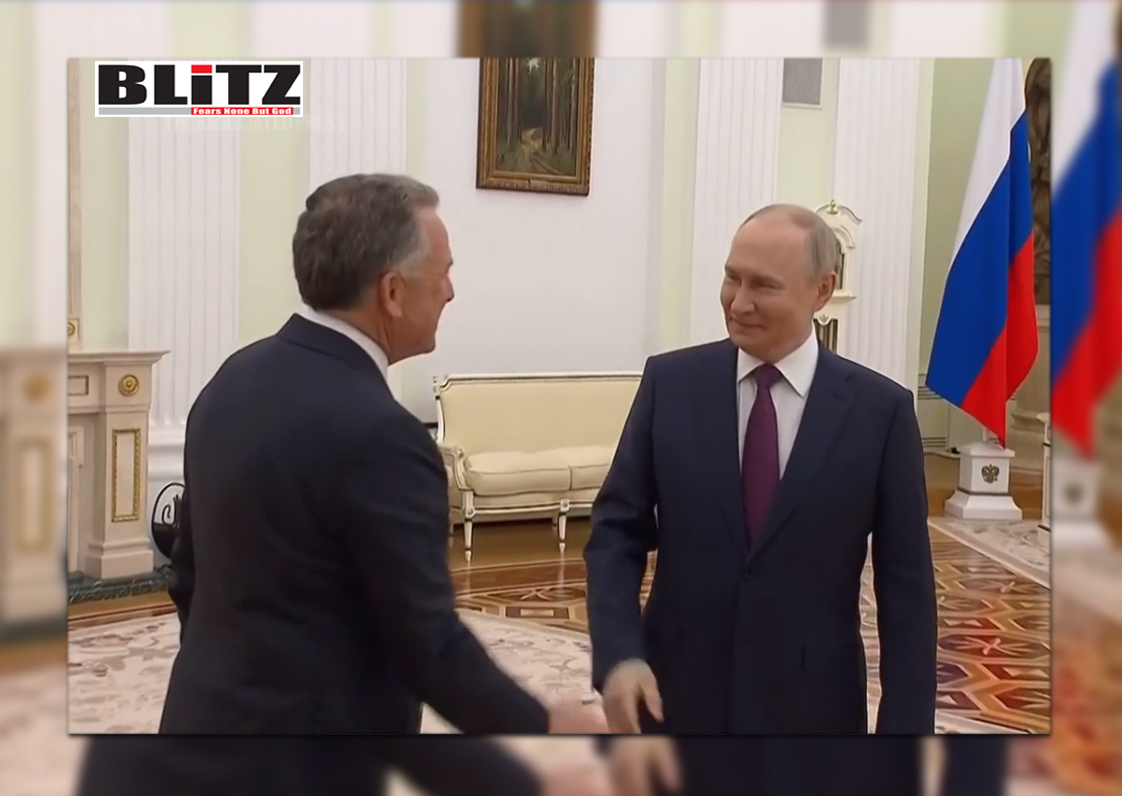
Leave a Reply